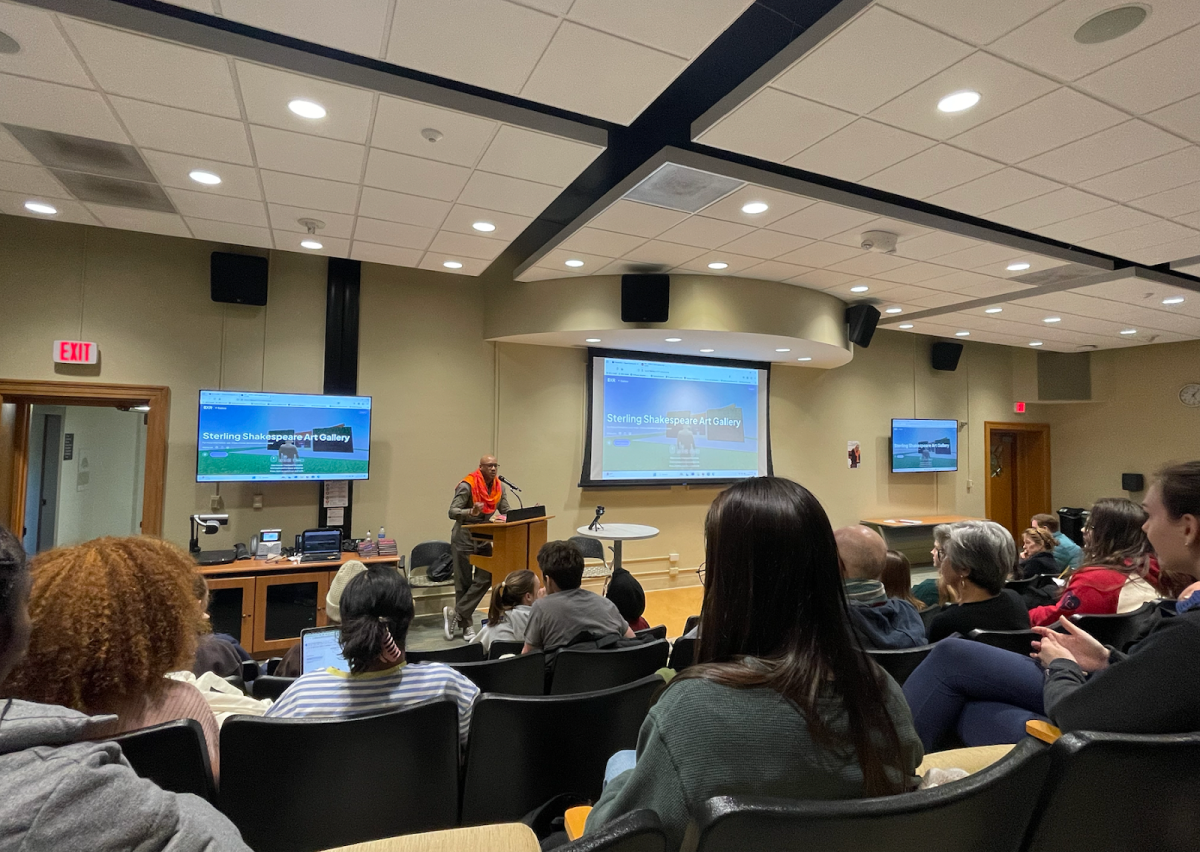A Wake Forest workload is no joke and we know it. Luckily, students have access to amazing resources: the ZSR library, research facilities, Office of Career and Personal Development and more. The best resource, however, are your professors.
To succeed academically at Wake Forest, building relationships with your professors is a must.
Having a relationship with these men and women can drastically help you succeed in their class and make your overall experience more enjoyable.
You’ll find that their passion for the subject will encourage you to try your hardest on every assignment and test.
Unlike many larger universities, Wake Forest professors notice when a student continuously slips in a few minutes late and regularly misses class. With small class sizes, it’s important to always arrive on time and try not to miss too many classes.
Of course professors are understanding if you’re feeling unwell or overwhelmed and need to take a personal day. However, do not abuse their sympathetic nature, and be respectful of their commitment to your success.
Showing up on time is essential on the first day of class because first impressions are important. Take the time to get to know your professor as well. The effort will not go unnoticed.
“It is important to show up slightly early to class and not to be afraid to sit in the front or second row,” said sophomore Christian Green.
“I had relationships with my professors because they saw me every class, and we would chat before class started.” Showing your professor that you are responsible and take your courses seriously sets a good impression.
Next, be active and attentive in class. Students who participate and ask questions show the professors that they are doing their homework and are making an effort to grasp the material. Not only are your efforts appreciated by the professor, but you’ll also benefit from engaging in class discussion, too.
“It is all about being involved and an active participant. Don’t be afraid to ask questions, because I guarantee that if you don’t know something, many of your classmates don’t either,” sophomore Sophie Scheinman said.
Your behavior in class is reflected in the grade book, so don’t work on homework for other classes or text on your phone throughout the entire class period.
Professors notice what you are doing and may not say anything, but they won’t forget what you do. Many classes have some sort of participation grade, and these grades can often make or break you.
Consider attending office hours, too. This is an easy way for your professor to get to know you beyond the classroom and appreciate your efforts.
Everyone is welcome to attend office hours, but some professors might prefer their students to set up an appointment before dropping in.
Professors hold office hours because they want their students to stop by with questions and conversation. Even if you don’t have a huge list of questions, office hours provide an opportunity to further discuss the material taught in class.
Your communication style with your professor matters, too. When you email your professors questions or about missing class, do not write in the same manner as if you are texting your friends.
Instead, use formal greetings and elevated language to show respect. Sometimes professors are relaxed, but it is always better to err on the side of caution than to sound informal or rude.
Lastly, show your professors that you care about their class and are not blowing it off.
Fostering relationships with your professors will be beneficial as years go on. They will be the ones you turn to for graduate school advice, job connections and letters of recommendations.
As long as you are respectful of the professor’s time and energy and talk with them from time to time, you’re on the right track to success.










